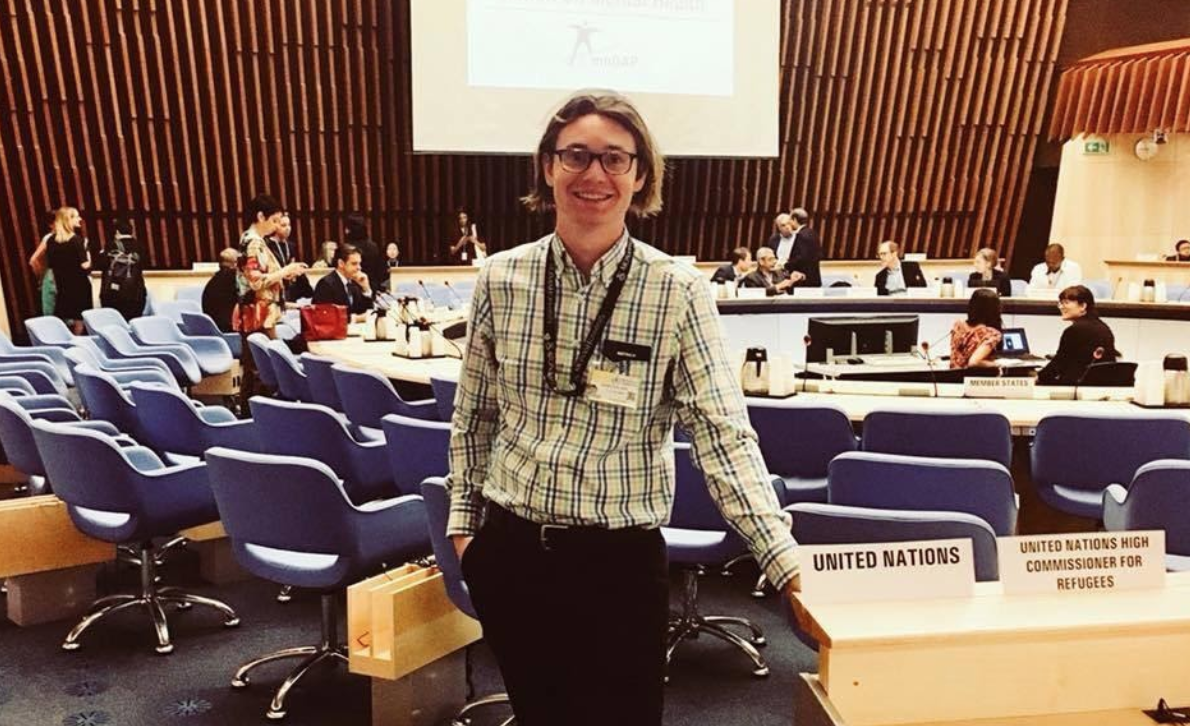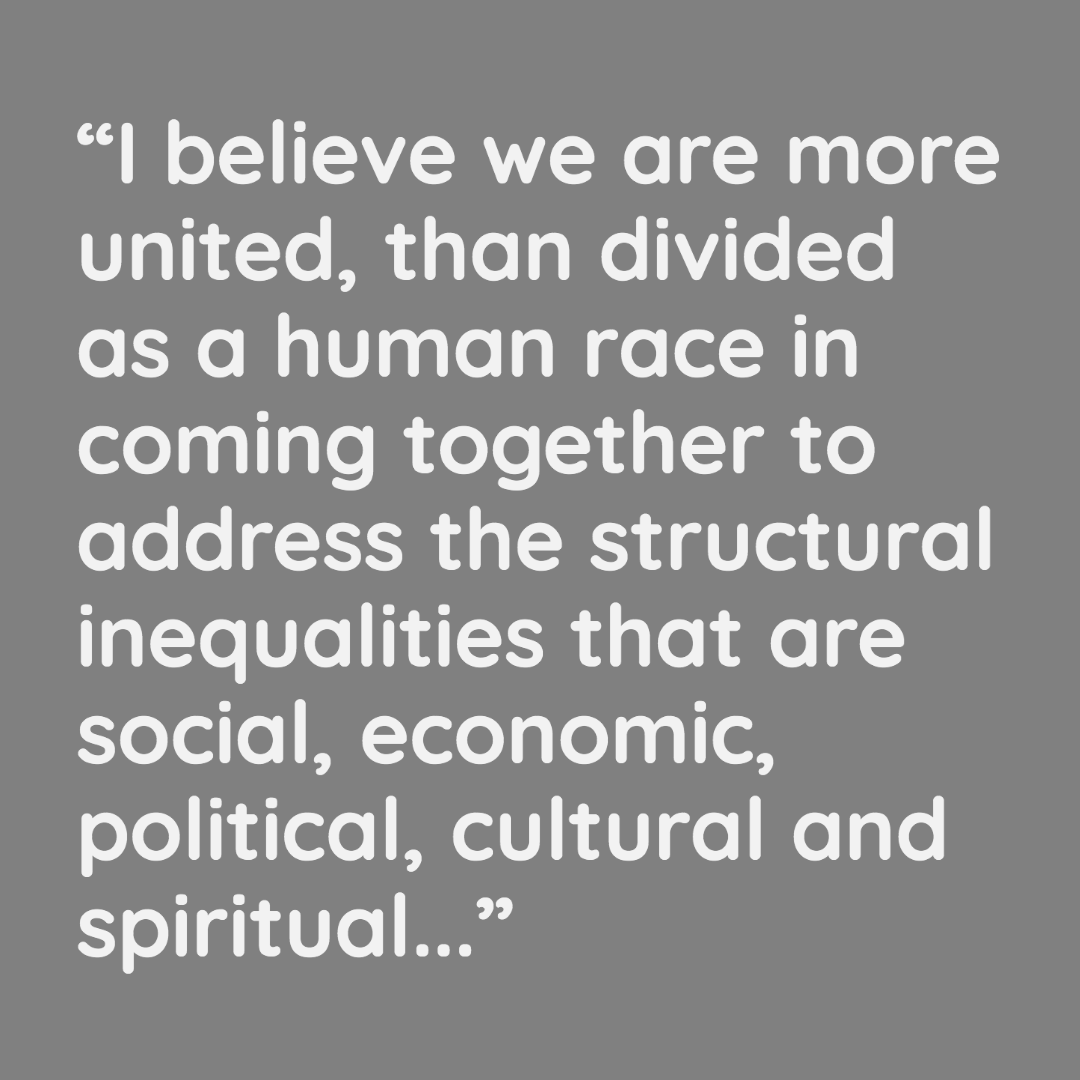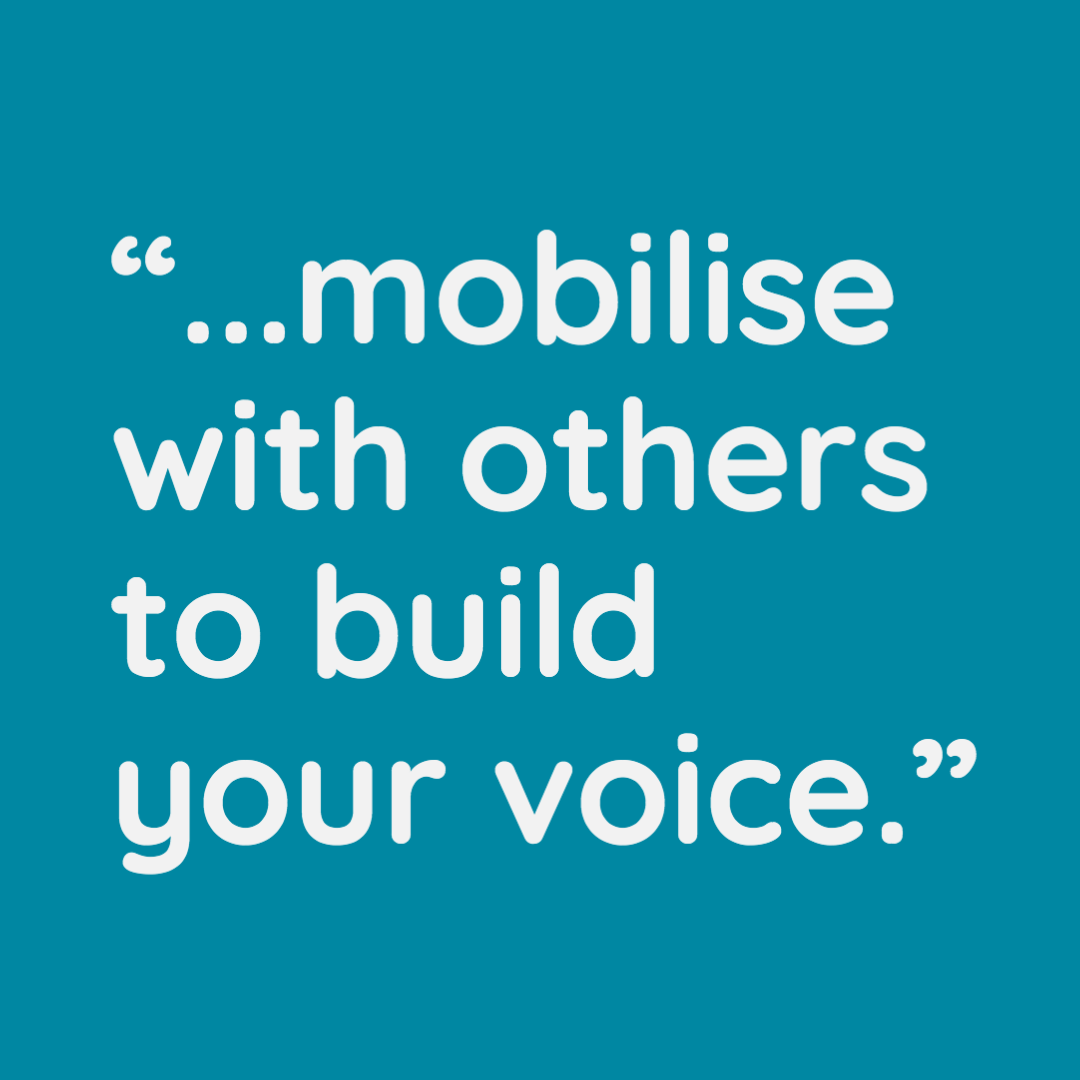Global mental health means connecting with one another through our humanity. We are all very different human beings in different geographical and cultural contexts with differing beliefs and values around mental distress. I believe we are more united, than divided as a human race in coming together to address the structural inequalities that are social, economic, political, cultural and spiritual that lead to poor mental distress outcomes that are defined by psychiatry as mental illness. Lived experience voices contributing to alternatives dialogues and knowledge bases offers a solution to seeing mental health in a more empowering way. Coming together as one through a survivor movement enables collective action that can be tailored to the needs of each geographical and cultural context and address the structural issues that cause inequality leading to the consequences of distress and illness.
"Global mental health means connecting with one another through our humanity"
Continuing our 'Perspectives on Global Mental Health' campaign, we hear from Matthew Jackman, an inspiring rising member of the global mental health workforce.
Based in Australia, Matthew discusses how his own experiences have impacted his career aspirations, and shares with us his understanding of what global mental health means.
What does global mental health mean to you?
What inspired you to work in the mental health field?
I was born into a family that had many intergenerational mental health issues. I lost my mother to suicide aged nine whilst being removed from her care and living with a foster family. I cared for my two younger siblings with dad and grew up in significant poverty. The stigma of mental health resulted in losing my mother’s parents, grandparents, who had to deal with the shame and guilt of losing their daughter. Their grandchildren, including myself, bared too much pain in their own complex trauma and grief.
Through university I studied social work as I had a passion for social justice and human rights. In school I gravitated towards sociology, psychology and politics. I graduated into forensic mental health supporting lived experience consultants for the forensic hospital and forensic community service program who advocated for patients and clients in a systemic advocacy role. This led to an interest in lived experience work and the beginning of my passion for working with persons experiencing mental distress.
My own experiences have lead me to presenting at the annual World Health Organisation mental health Gap Forum, consulting with Harvard Medical School in Dubai on non-specialist mental health workforces, representing the Western Pacific Region on the Global Mental Health Peer Network, consulting WHO on a range of documents and representing the lived experience voice on the National Advisory Panel for the Australia Association of Social Workers.

Photo courtesy of Matthew Jackman, Australian social worker and mental health advocate.
I have undertaken several peer work trainings in Australia and the USA, including a world leading two month program at Project Return in becoming a Certified Peer Specialist. I have also almost completed an International Diploma in Mental Health, Human Rights and Law at the Indian Law Society designed by WHO for global mental health advocates.
I aim to complete my Juris Doctor in Law and PhD in mapping global mental health networks and understanding how the vulnerability of lived experience leads to transformative leadership in global mental health.
What advice would you give a young person interested in entering the global mental health field?
Read more about Matthew Jackman here.
Interested in writing for us?
We are looking for people passionate about global mental health to share their perspectives on a range of issues through our blog. To find out more, send Liz an email at liz@generationmentalhealth.org!




